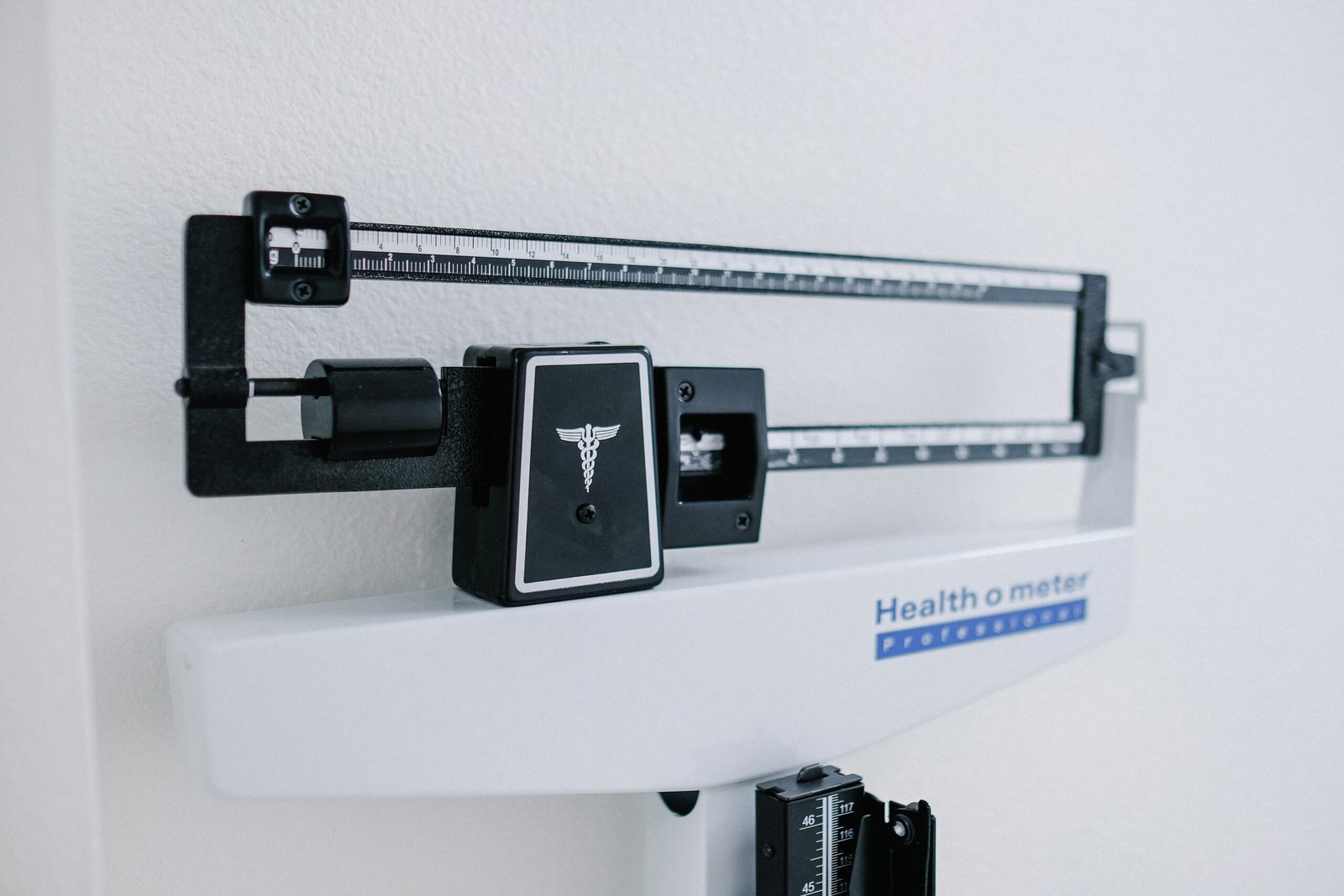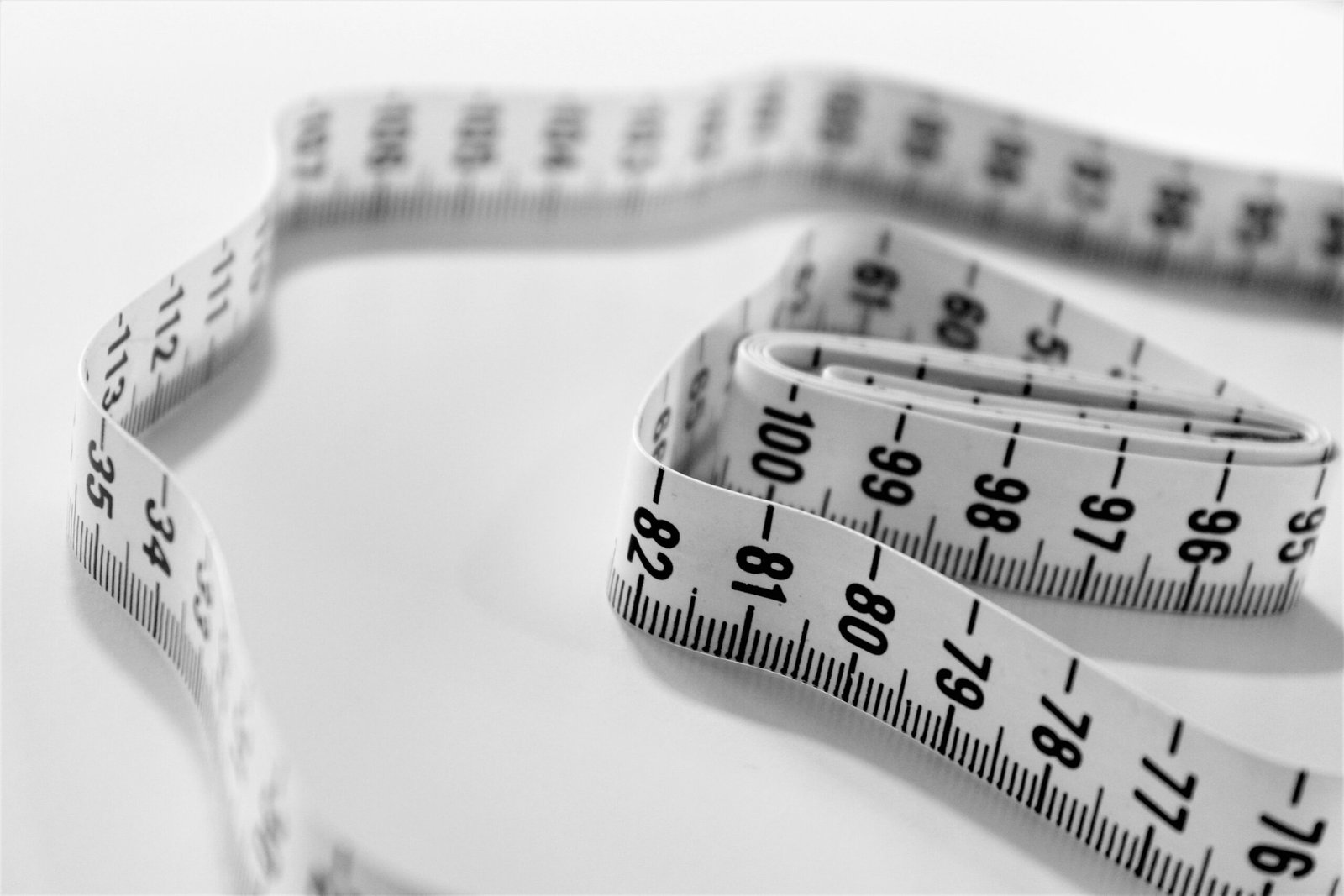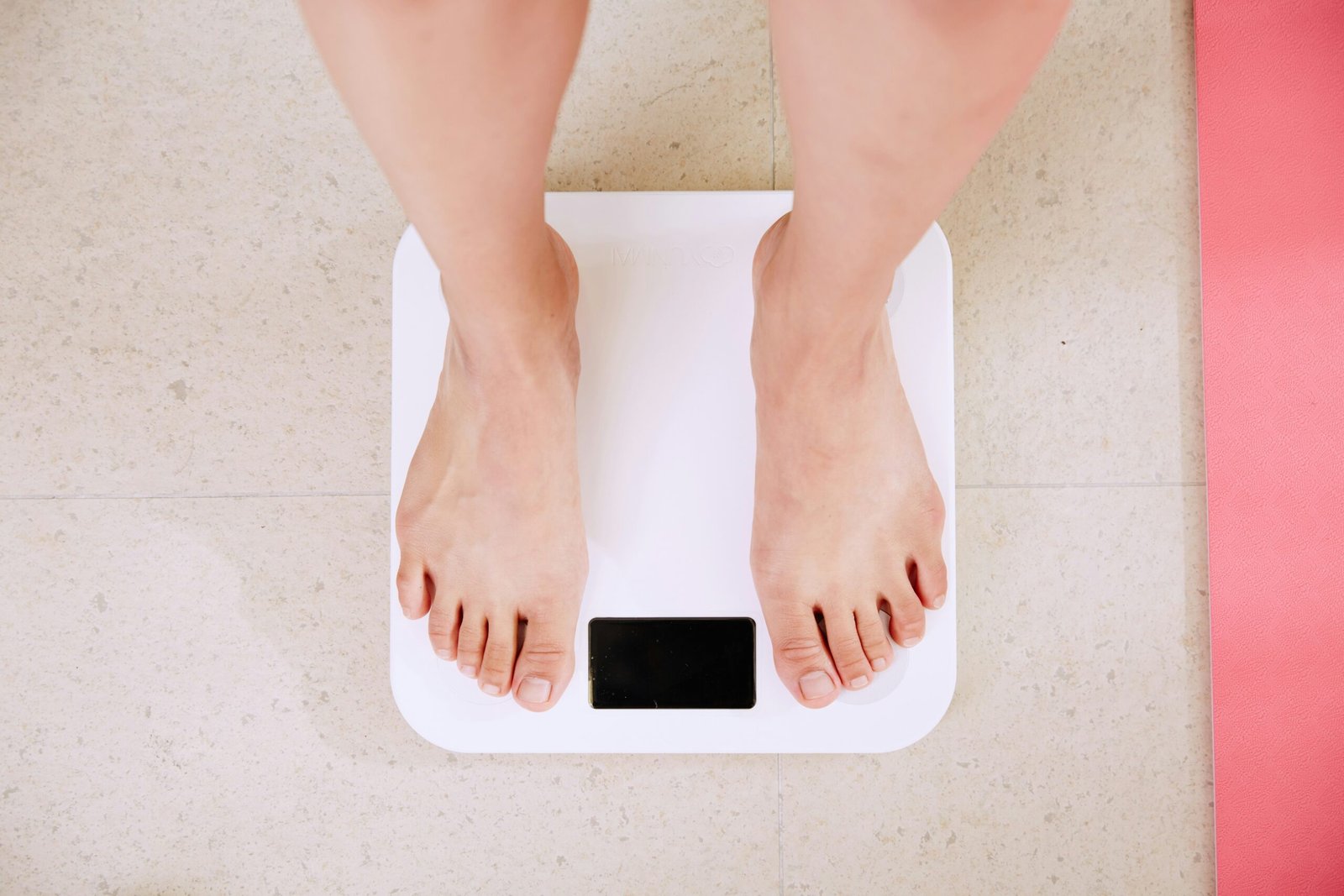How Many Calories Should I Eat to Lose Weight?
If you’re looking to lose weight, one of the key factors to consider is your calorie intake. Consuming the right number of calories can help you create a calorie deficit, which is essential for weight loss. However, determining the ideal calorie intake for weight loss can be a complex process influenced by various factors such as age, gender, activity level, and current weight. In this article, we will explore the basics of calorie intake for weight loss and provide some guidance on how to find the right balance for your goals.
When it comes to weight loss, the concept of calories in versus calories out is crucial. To shed pounds, you need to consume fewer calories than your body burns. This creates a calorie deficit, forcing your body to tap into its stored energy (fat) to make up for the shortfall.
The first step in determining your calorie intake for weight loss is to calculate your basal metabolic rate (BMR). BMR is the number of calories your body needs to function at rest. There are various formulas available to estimate your BMR, such as the Harris-Benedict equation or the Mifflin-St Jeor equation. These formulas take into account factors like age, gender, height, and weight to provide an estimate of your BMR.
Once you have an estimate of your BMR, you can then factor in your activity level to determine your total daily energy expenditure (TDEE). TDEE is the total number of calories you burn in a day, including both your BMR and the calories burned through physical activity. To lose weight, you need to create a calorie deficit by consuming fewer calories than your TDEE.
A safe and sustainable rate of weight loss is generally considered to be 1-2 pounds per week. To achieve this, you would need to create a calorie deficit of 500-1000 calories per day. This can be achieved through a combination of reducing your calorie intake and increasing your physical activity level.
However, it’s important to note that calorie needs can vary greatly from person to person. Factors such as genetics, muscle mass, and overall health can influence your individual calorie requirements. It’s always a good idea to consult with a healthcare professional or a registered dietitian to get personalized guidance on your calorie intake for weight loss.
In addition to calorie intake, it’s also important to focus on the quality of the calories you consume. A diet rich in nutrient-dense foods like fruits, vegetables, lean proteins, and whole grains will not only support weight loss but also provide your body with the essential nutrients it needs to function optimally.
In conclusion, determining the ideal calorie intake for weight loss requires considering various factors such as age, gender, activity level, and current weight. Calculating your BMR and TDEE can provide a starting point, but it’s important to listen to your body and make adjustments as needed. Remember, weight loss is a journey, and finding the right balance of calories and nutrients is key to long-term success.
The Basics of Weight Loss
Before diving into the specifics of calorie intake, it’s important to understand the basic principle of weight loss. To lose weight, you need to create a calorie deficit, which means consuming fewer calories than your body needs to maintain its current weight. This deficit forces your body to tap into its fat stores for energy, resulting in weight loss over time.
However, it’s important to note that weight loss should be approached in a healthy and sustainable way. Rapid weight loss through severe calorie restriction can lead to muscle loss, nutrient deficiencies, and a slower metabolism. It’s recommended to aim for a gradual weight loss of 1-2 pounds per week for long-term success.
Creating a calorie deficit can be achieved through a combination of diet and exercise. While reducing calorie intake is important, it’s equally important to focus on the quality of the calories consumed. A balanced diet that includes a variety of nutrient-dense foods such as fruits, vegetables, whole grains, lean proteins, and healthy fats is key to providing your body with the necessary nutrients while still creating a calorie deficit.
Exercise plays a crucial role in weight loss as it helps to increase calorie expenditure and build lean muscle mass. Incorporating both cardiovascular exercises, such as running or cycling, and strength training exercises, such as weightlifting or bodyweight exercises, can help to maximize calorie burn and improve overall body composition.
In addition to diet and exercise, other lifestyle factors can also impact weight loss. Adequate sleep is essential for weight management as it affects hunger hormones and metabolism. Chronic stress can lead to emotional eating and hinder weight loss progress. Finding healthy ways to manage stress, such as practicing mindfulness or engaging in relaxation techniques, can be beneficial for both mental and physical well-being.
It’s also important to remember that weight loss is not a linear process. There may be weeks where you don’t see the scale budge or even experience slight weight gain. This is normal and can be attributed to factors such as water retention or muscle gain. It’s important to focus on overall progress rather than getting caught up in day-to-day fluctuations.
In conclusion, weight loss is achieved by creating a calorie deficit through a combination of diet, exercise, and lifestyle factors. It’s important to approach weight loss in a healthy and sustainable manner, aiming for gradual progress rather than quick fixes. By focusing on nourishing your body with nutrient-dense foods, engaging in regular physical activity, managing stress, and prioritizing adequate sleep, you can achieve long-term success in your weight loss journey.
Determining Your Calorie Needs
To determine how many calories you should eat to lose weight, you need to calculate your Total Daily Energy Expenditure (TDEE). TDEE is the total number of calories your body needs to maintain its current weight, taking into account your basal metabolic rate (BMR) and activity level.
There are various methods to estimate your TDEE, including online calculators and formulas. One commonly used formula is the Harris-Benedict equation, which takes into account your gender, age, weight, and height:
For men: TDEE = 88.362 + (13.397 × weight in kg) + (4.799 × height in cm) – (5.677 × age in years)
For women: TDEE = 447.593 + (9.247 × weight in kg) + (3.098 × height in cm) – (4.330 × age in years)
Once you have calculated your TDEE, you can create a calorie deficit by consuming fewer calories than your TDEE. The size of the deficit will determine the rate of weight loss. A deficit of 500-1000 calories per day is generally recommended for a sustainable weight loss of 1-2 pounds per week.
However, it is important to note that individual differences and factors such as genetics, metabolism, and overall health can affect the accuracy of these calculations. It is always a good idea to consult with a healthcare professional or a registered dietitian to determine the most appropriate calorie intake for your specific needs and goals.
In addition to determining your calorie needs, it is also important to consider the quality of the calories you consume. While creating a calorie deficit is necessary for weight loss, it is equally important to focus on nutrient-dense foods that provide essential vitamins, minerals, and macronutrients.
A balanced diet that includes a variety of fruits, vegetables, whole grains, lean proteins, and healthy fats can help ensure that you are meeting your nutritional needs while also promoting weight loss. It is also important to pay attention to portion sizes and practice mindful eating to avoid overeating.
Furthermore, incorporating regular physical activity into your routine can help increase your calorie expenditure and support weight loss efforts. Engaging in a combination of cardiovascular exercise, strength training, and flexibility exercises can help improve overall fitness and contribute to a healthy weight loss journey.
Remember, weight loss is a gradual process and it is important to approach it with patience and consistency. By understanding your calorie needs, making informed food choices, and adopting a balanced lifestyle, you can achieve sustainable weight loss and improve your overall well-being.
5. Hydration:
Hydration is often overlooked but plays a vital role in weight loss. Drinking an adequate amount of water can help boost your metabolism, curb cravings, and promote satiety. Aim to drink at least 8 cups of water per day, and consider incorporating herbal teas or infused water for added flavor and hydration.
6. Sleep Quality:
Getting enough quality sleep is essential for weight loss. Lack of sleep can disrupt hormone levels, increase hunger, and decrease energy levels, making it harder to stick to your weight loss goals. Aim for 7-9 hours of uninterrupted sleep each night to support your weight loss efforts.
7. Stress Management:
Stress can have a significant impact on weight loss. When you’re stressed, your body releases cortisol, a hormone that can increase appetite and lead to weight gain. Incorporate stress management techniques such as meditation, yoga, or deep breathing exercises into your daily routine to help reduce stress levels and support your weight loss journey.
8. Social Support:
Having a support system can make a significant difference in your weight loss success. Surround yourself with friends, family, or a weight loss support group who can provide encouragement, accountability, and motivation. Sharing your goals and progress with others can help you stay focused and committed to your weight loss journey.
9. Mindful Eating:
Practicing mindful eating can help you develop a healthier relationship with food and support weight loss. Pay attention to your body’s hunger and fullness cues, eat slowly, and savor each bite. Avoid distractions such as screens or multitasking while eating, as this can lead to overeating. By being present and mindful during meals, you can better control your portions and make healthier food choices.
10. Long-Term Sustainability:
While it’s tempting to try quick-fix diets or extreme weight loss methods, it’s important to prioritize long-term sustainability. Focus on making gradual, sustainable changes to your eating and exercise habits that you can maintain for the long haul. This will not only help you lose weight but also ensure that you can maintain your weight loss and live a healthy lifestyle in the future.
By considering these factors in addition to calorie intake, you can optimize your weight loss journey and achieve long-lasting results. Remember, weight loss is a marathon, not a sprint, and it’s important to prioritize your overall health and well-being along the way.
Tracking and Monitoring Your Calories
To effectively manage your calorie intake for weight loss, it can be helpful to track and monitor your daily calorie consumption. There are numerous apps and websites available that make it easy to log your meals and track your calorie intake. These tools can provide valuable insights into your eating habits and help you make informed choices.
Remember that accuracy is key when tracking your calories. Use a kitchen scale to measure your portions, read food labels carefully, and be mindful of cooking methods that can add extra calories, such as frying or using excessive oils. It’s also important to account for any beverages or snacks that may contribute to your overall calorie intake.
Tracking and monitoring your calories can be a powerful tool in achieving your weight loss goals. By keeping a record of what you eat and drink, you gain a better understanding of your eating habits and can identify areas where you may need to make adjustments. The apps and websites available for tracking calories offer a convenient and user-friendly way to log your meals and calculate your daily intake.
When using these tools, it’s important to be as accurate as possible. Estimating portion sizes can lead to inaccuracies in calorie counting, so using a kitchen scale to weigh your food can help ensure you’re getting an accurate measurement. Additionally, reading food labels carefully can provide valuable information about the nutritional content of the products you consume.
In addition to measuring your food accurately, it’s also important to be mindful of cooking methods that can add extra calories. Frying foods or using excessive amounts of oil can significantly increase the calorie content of your meals. Instead, consider healthier cooking methods such as baking, grilling, or steaming. These methods can help reduce the calorie content while still maintaining flavor.
It’s worth noting that tracking your calories shouldn’t just focus on your main meals. Beverages and snacks can also contribute to your overall calorie intake. Sugary drinks, such as soda or juice, can be high in calories and should be consumed in moderation. Similarly, snacks like chips or cookies can quickly add up in terms of calories. By including these items in your tracking, you can have a more comprehensive understanding of your daily calorie intake.
In conclusion, tracking and monitoring your calories can be a valuable tool in your weight loss journey. By using apps and websites to log your meals and track your intake, you can gain insights into your eating habits and make informed choices. Remember to be accurate in your measurements, read food labels carefully, and account for beverages and snacks. With these strategies in place, you’ll be well on your way to achieving your weight loss goals.
Seeking Professional Guidance
If you find the process of determining your calorie needs and creating a meal plan for weight loss overwhelming or if you have specific dietary requirements or health concerns, it may be beneficial to seek guidance from a registered dietitian or nutritionist. These professionals can provide personalized recommendations based on your unique needs and help you develop a sustainable and balanced approach to weight loss.
When it comes to weight loss, there is no one-size-fits-all approach. What works for one person may not work for another, and that’s where the expertise of a registered dietitian or nutritionist can be invaluable. These professionals have extensive knowledge of nutrition and can help you navigate the complex world of dieting and weight loss.
One of the main benefits of seeking professional guidance is the personalized approach they offer. A registered dietitian or nutritionist will take into account your specific goals, dietary preferences, and any underlying health conditions you may have. They will conduct a thorough assessment of your current eating habits and lifestyle to develop a tailored plan that suits your needs.
Additionally, a registered dietitian or nutritionist can provide you with evidence-based information and debunk any misconceptions or myths you may have heard about weight loss. With so much conflicting information available online and in the media, it can be challenging to separate fact from fiction. Having a trusted professional guide you through the process can give you peace of mind and ensure you are making informed decisions about your health.
Furthermore, seeking professional guidance can help you stay accountable and motivated on your weight loss journey. A registered dietitian or nutritionist can provide ongoing support and guidance, helping you overcome any obstacles or setbacks you may encounter. They can also monitor your progress and make necessary adjustments to your meal plan as needed, ensuring you continue to see results.
It’s important to note that while seeking professional guidance is beneficial, it is not a substitute for medical advice. If you have any underlying health conditions or are taking medications, it’s essential to consult with your healthcare provider before making any significant changes to your diet or exercise routine.
In conclusion, if you find the process of determining your calorie needs and creating a meal plan for weight loss overwhelming or if you have specific dietary requirements or health concerns, seeking guidance from a registered dietitian or nutritionist can be a wise decision. Their expertise and personalized approach can help you develop a sustainable and balanced approach to weight loss, while also providing ongoing support and accountability.


